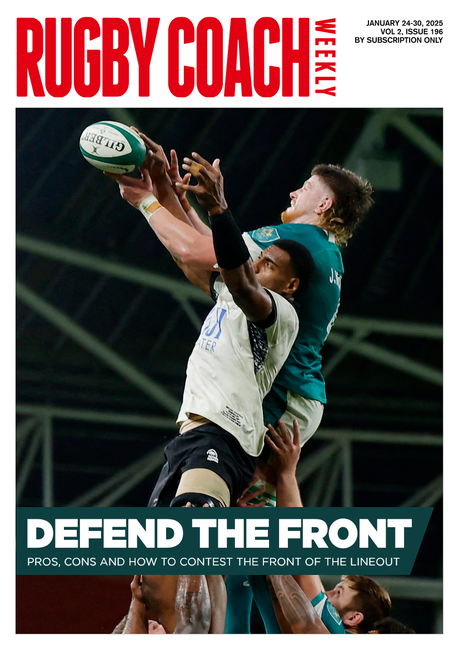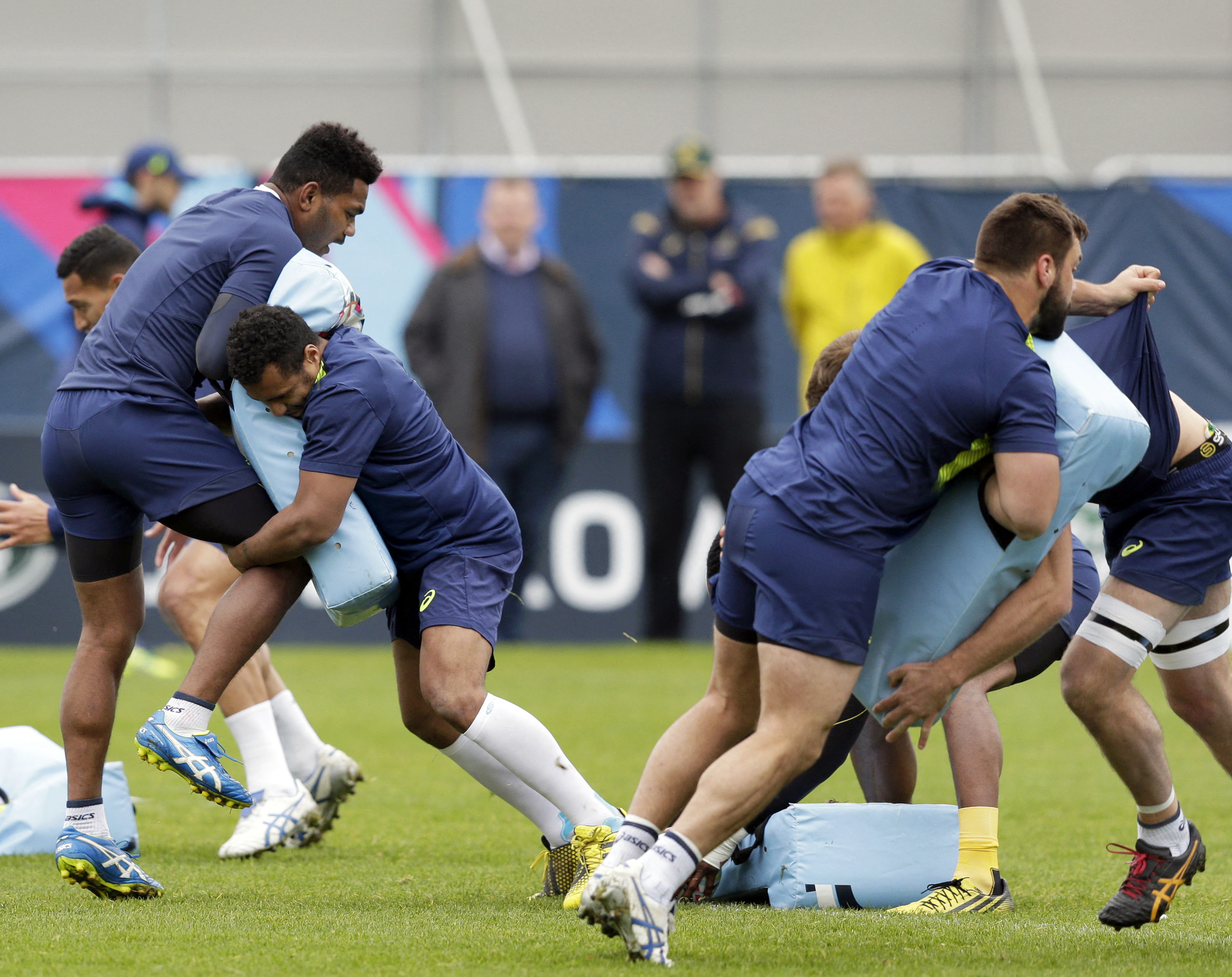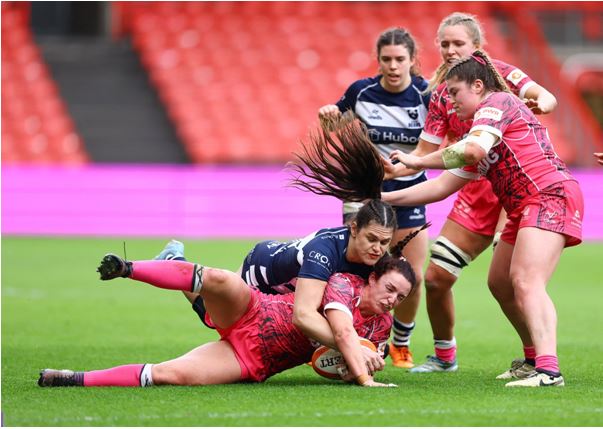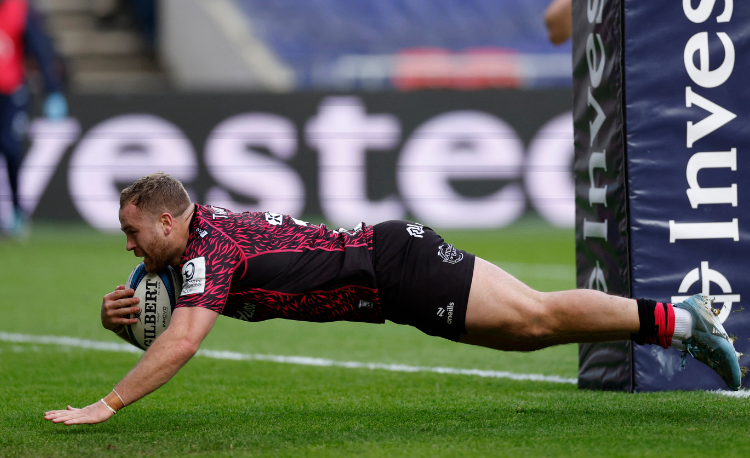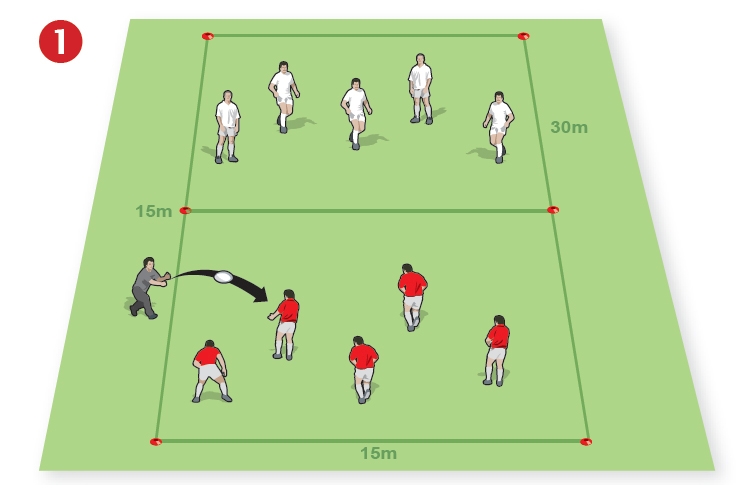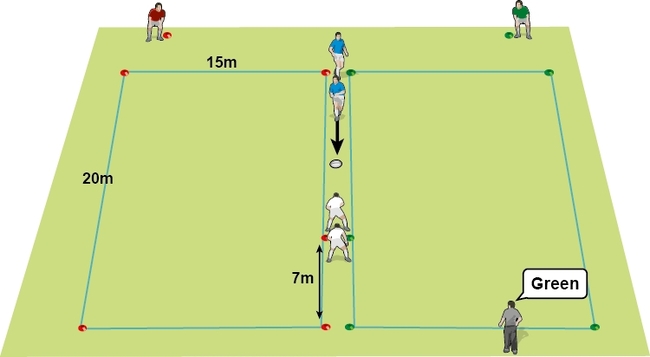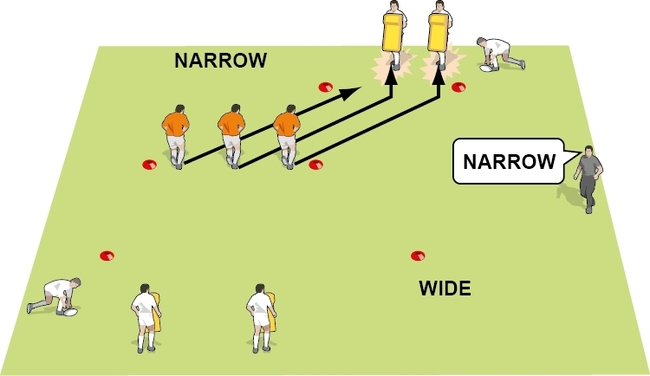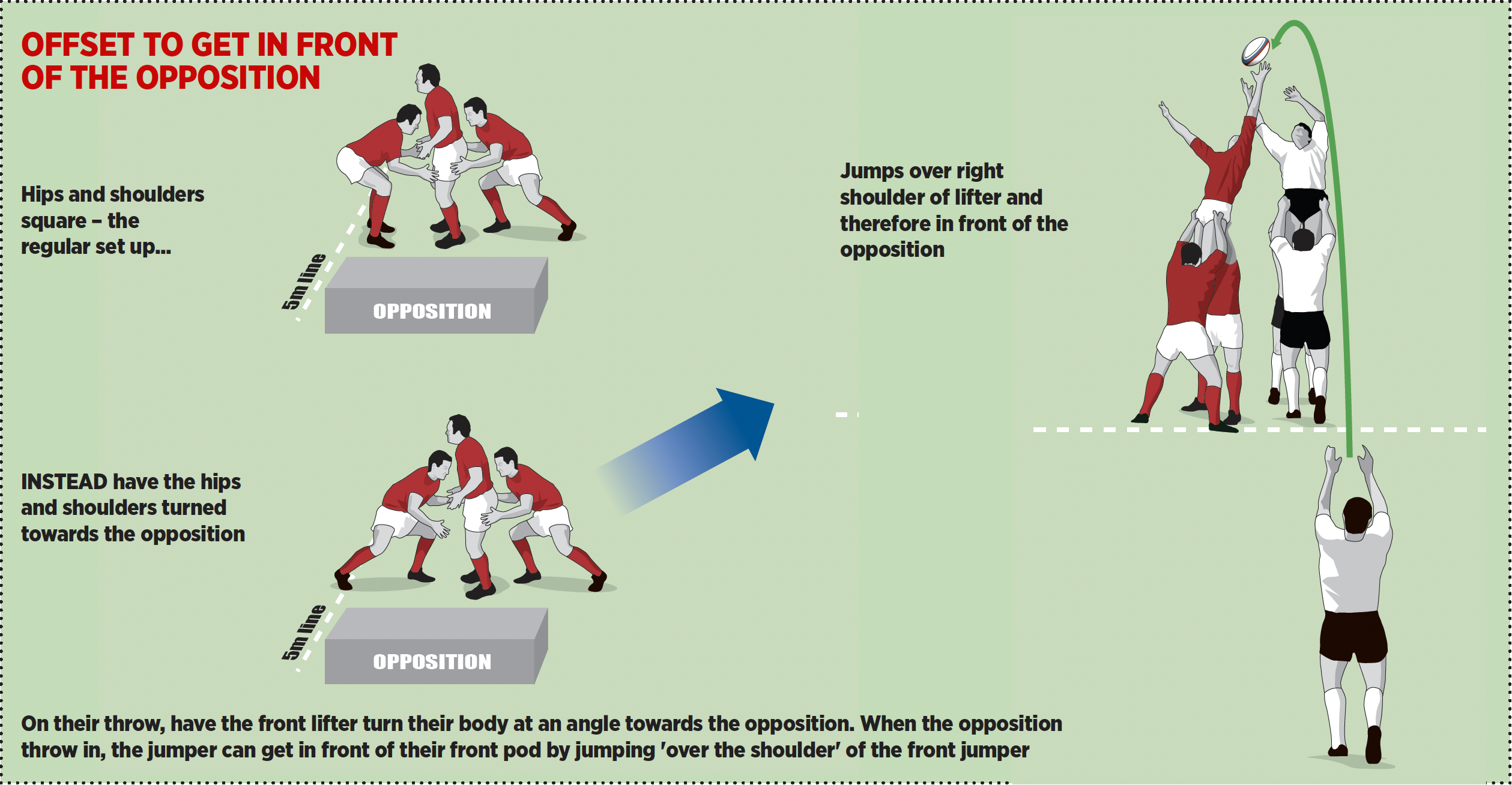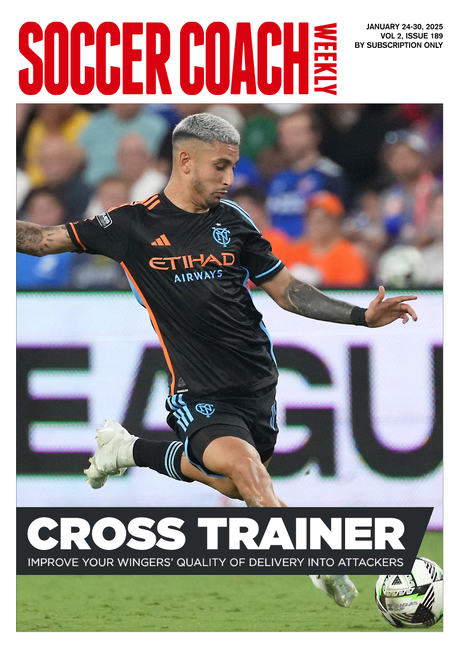What could an elite sports training camp teach parents (and me)
Richard Shorter, of non-perfectdad.co.uk led the parents’ meeting at last October’s England Under 17/18 Rugby Development Camp. While the session supported the parents, he learned much from the camp as well.

My aim when leading parent sessions is to make them fun, accessible and impacting. It’s taken 20 years’ experience in delivering parenting sessions to learn how to respond, read the room and help draw parents out into an atmosphere which invites learning and reflection. In that time, I’ve learnt how to take evidence-based parenting approaches and translate them into sessions which parents understand and enjoy. The whole camp helped me too.
Here are some of the activities we used:
BBQ question
I asked this question: “You are at your child’s 40th. As you mingle with the guests, what words do you want to hear describing you son?” We wrote the words down on flip chart paper. All the words where linked to character, not winning world cups, or the like. This exercise helps parents see what their dreams for their child really are.
Creativity
We discussed: How did you express creativity when you were younger? Do you still practice these expressions today? Most watched TED talk is all about creativity – do we value creativity?
We know that a parent’s reaction can squash creativity. We played the game, “What’s the worst thing you can say when…..” then gave them a number of scenario’s such as their son is not selected or loses big match.
The parents discussed ways to encourage creativity including ways to ask questions before and after games. Talked about the ways to sit with their child’s pain when life does not go well. How we deal with pain is often influential on how creative we are. For example, parents often rush to fix their child’s pain.
However, allowing a child to express pain, to grieve the loss means that they are more likely to be able to make healthier choices as they reflect on what they could do different next time. Rushed choices in the mist of pain often don’t have the best outcomes.
Awareness
I used a “How alike are we” sheet. This sheet enables parents to become more aware of how they are alike and different to their child. This awareness reduces conflict and increases self confidence in parents and children. The information also enables more effective praise.
Praise done well is effective in building character because it’s specific and highlights where child used their character. In the session, it was important to realise that people use flattery which is loads of nice statements which don’t fuel understanding, self-esteem or awareness.
Decision making
We played a giant Jenga Game with two parents. I gathered everyone around them. The crowd shouted instructions for one min though nothing rude or negative. For second one crowd cheered and clapped. Those playing reported how different each minute was. We talked about what we learned from this game and how it links to supporting a rugby player.

And what I learned!
Being at the England camp, and spending so much time around coaches who asking great questions all the time, helped me learn more about my own approach.
The first thing people like John Fletcher or Russell Earnshaw do in a conversation is ask what they could do better themselves. They are outstanding already, but this isn’t false modesty. It’s a genuine desire to learn more.
“Not yet worked it out” is another key idea to explore. Instead of giving out an answer, let the players have time to try out some solutions. This applies to our own lives too. Let’s stumble and fail, which means I need to live with a bit more chaos as a parent, knowing that I don’t know the answer yet. And, then, allow my children the same chances to do the same, without jumping in with an answer. This leads to far more powerful learning outcomes because we know the solution is ours, based on our effort and reflection.
Finally, the England camp had a couple of wise-heads circulating around. Crucially, they have no bearing on selection. Instead, they make themselves available for a chat, so a player can unload their troubles, or may be given a different thought. Often they put things into perspective. Do your players, or even you, have someone who can do that for them. Every couple of months, I speak to a retired judge. He might just chuckle at my “problems” or just ask me something about them which puts them into perspective.
More about his work can be found at non-perfectdad.co.uk.
Newsletter Sign Up
Coaches Testimonials

Gerald Kearney, Downtown Las Vegas Soccer Club

Paul Butler, Florida, USA

Rick Shields, Springboro, USA

Tony Green, Pierrefonds Titans, Quebec, Canada
Subscribe Today
Be a more effective, more successful rugby coach
In a recent survey 89% of subscribers said Rugby Coach Weekly makes them more confident, 91% said Rugby Coach Weekly makes them a more effective coach and 93% said Rugby Coach Weekly makes them more inspired.
Get Weekly Inspiration
All the latest techniques and approaches
Rugby Coach Weekly offers proven and easy to use rugby drills, coaching sessions, practice plans, small-sided games, warm-ups, training tips and advice.
We've been at the cutting edge of rugby coaching since we launched in 2005, creating resources for the grassroots youth coach, following best practice from around the world and insights from the professional game.


